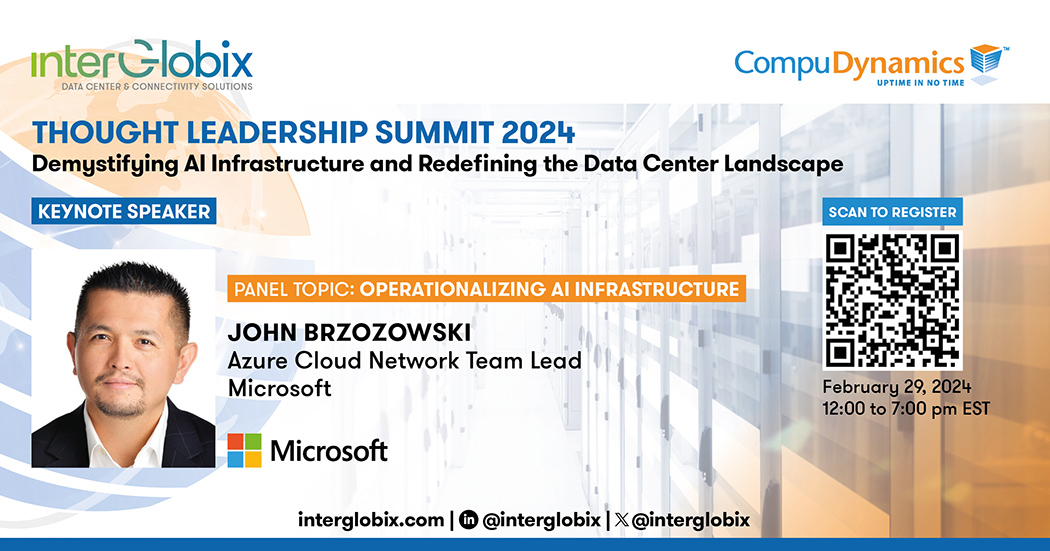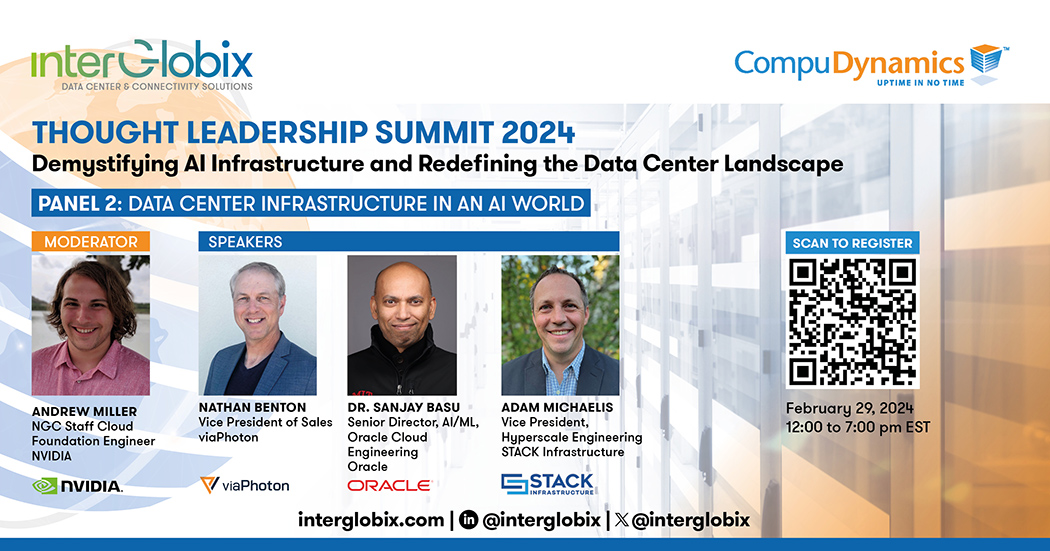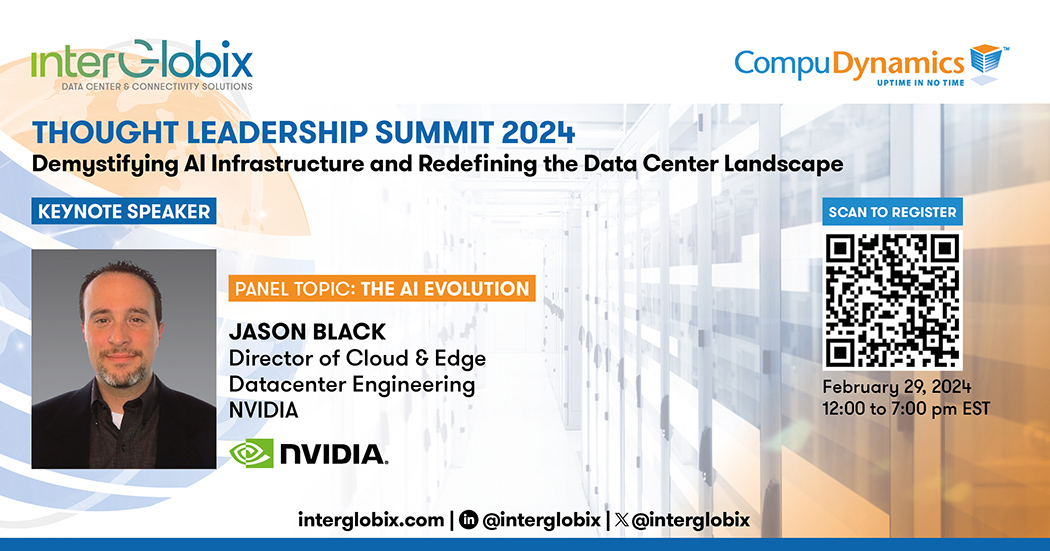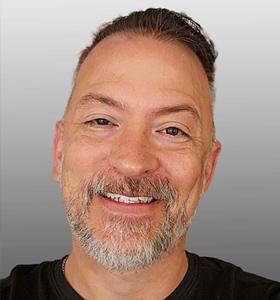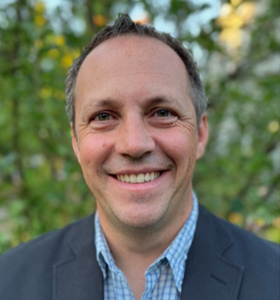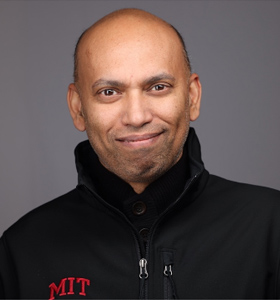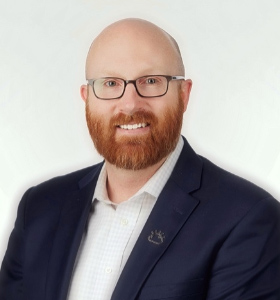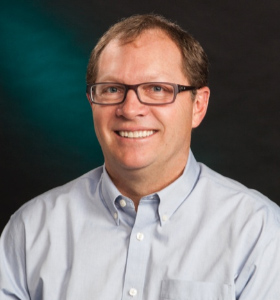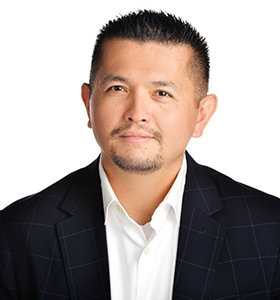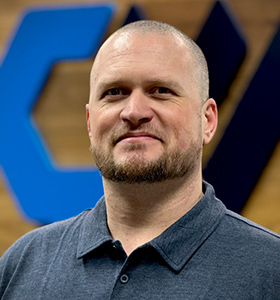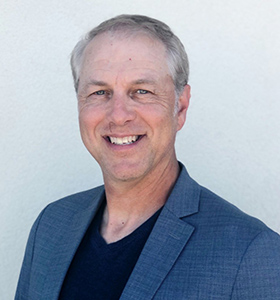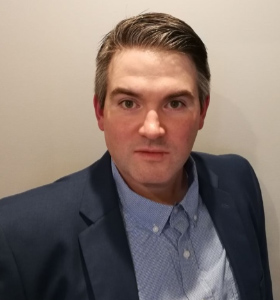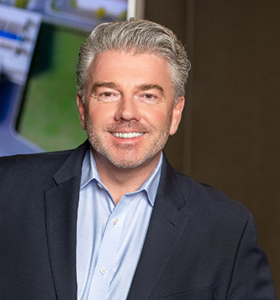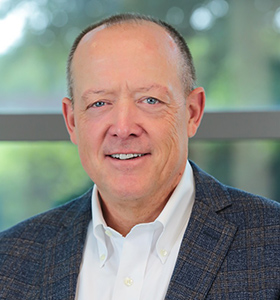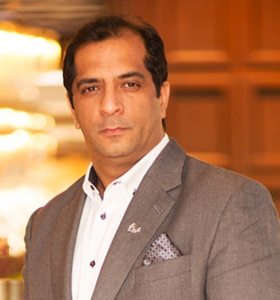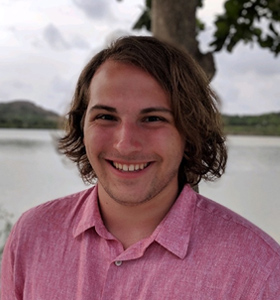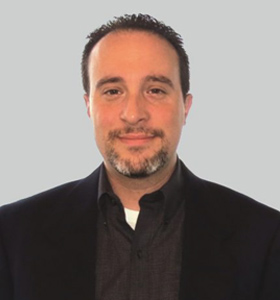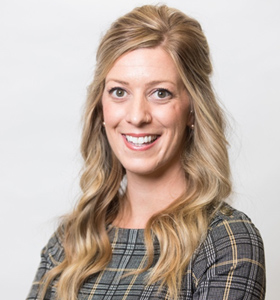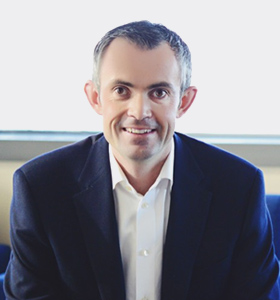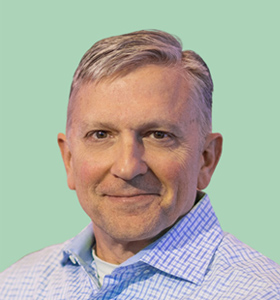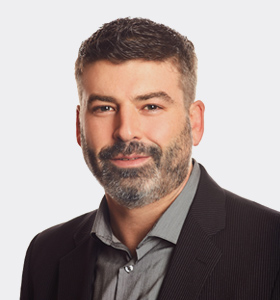Robert Skjødt leads Raxio’s strategic vision, overseeing the expansion of its data centres across Africa, managing capital allocation, and fostering relationships with customers, investors, and partners. Skjødt has more than three decades of experience in energy, renewables, and infrastructure. Skjødt previously founded BTE Renewables, later acquired by Engie, and held senior roles at ABB, managing large-scale projects and M&A operations. Skjødt is currently driving the goal of doubling Raxio’s African presence within three years, reinforcing its position as a leading data centre provider.
What is the significance of Atlantic Convergence 2024 to you?
This event is an excellent meeting point. The Atlantic Ocean borders a large portion of Africa—where we do our business—and a number of our facilities are Atlantic-facing. So, We have a lot of counterparties and partners, both on the connectivity side and also on the Internet Exchange side, as well as some ISPs that are operating in some of our markets, and this event brought them all together under one literal and metaphorical roof. So, it’s a great way to pool our resources and share ideas about how we can continue to work together to evolve digital infrastructure in Africa and beyond.
How does Raxio fit into the overall interconnection ecosystem model, which encompasses the convergence of subsea and terrestrial fiber, subsea cables, neutral IX, and data centers?
Raxio is a company focused on building, developing, and operating data centers across Africa. Historically, we have focused on some of the more underserved markets across the continent, particularly those where there’s a dire need for digital infrastructure, including Angola, DR Congo, Ethiopia, Ivory Coast, Mozambique, Tanzania, and Uganda. We recently launched our fifth facility in Ivory Coast, which represents the fastest-growing economy in francophone West Africa.
Africa is experiencing rapid digital transformation across various industry sectors, thereby creating opportunities for investors. Over the last ten years, there has been a massive focus on connectivity infrastructure in Africa, from subsea cables to terrestrial fiber across local, metro, and regional levels. The African continent is where the next billion Internet users are expected to come from, and there is massive development underway currently in the digital infrastructure industry across all sectors—data centers, subsea cables, terrestrial fiber, and Internet Exchanges.
What do you expect from Atlantic Convergence 2025?
I was impressed by the content and the participants at the inaugural event; I was pleasantly surprised that so many had relevance to our business, and certainly to Africa. I can only see that global and industry-wide inclusivity continuing to develop. A truly resilient and responsive digital society isn’t just built with technology—it’s built with shared vision, collective effort, and the belief that together, we can create something great. This was a perfect example of people, companies, countries, and continents coming together across all the sectors of the digital infrastructure ecosystem. I think convergence is a great word because I believe that that’s really what it’s all about. Having a data center isolated from connectivity or from an Internet Exchange doesn’t make any sense—the various segments within digital infrastructure need to converge, and I look forward to seeing how next year’s event continues to enable that.






